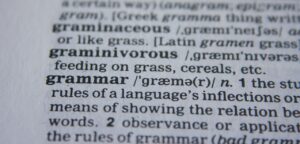
Two Truths and a Lie as a Formative Assessment
Two truths and a lie is a popular social icebreaker game. In case you aren’t familiar with it, this is the way it goes. Each person thinks of three statements about themselves, two of which are true and one of which is a lie. It











